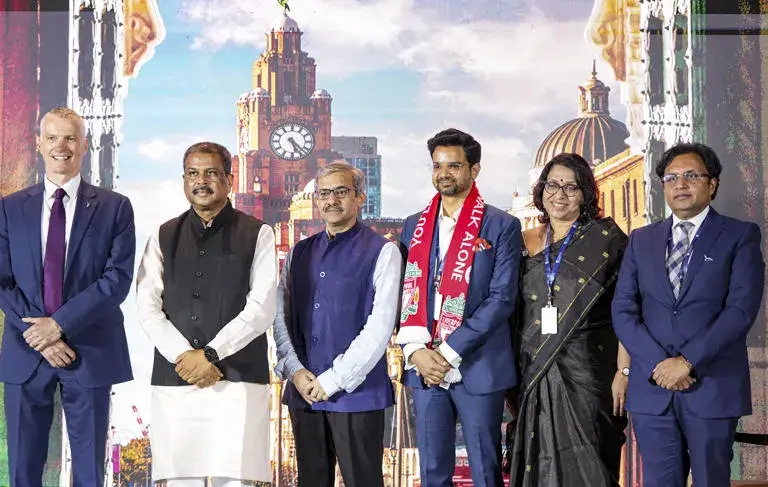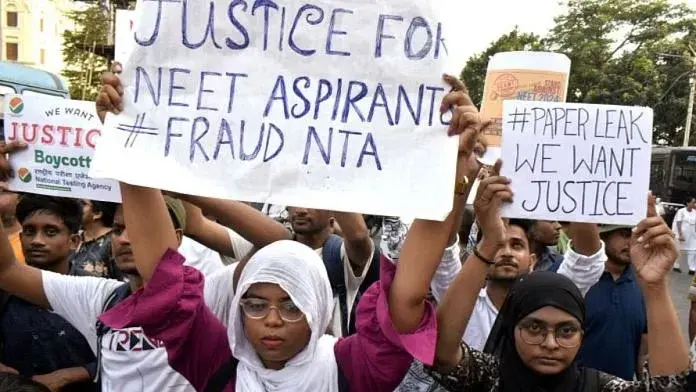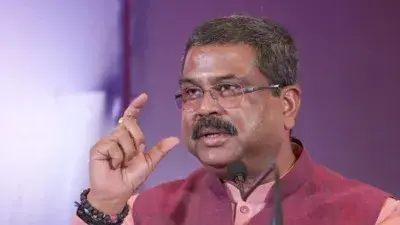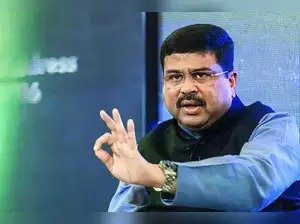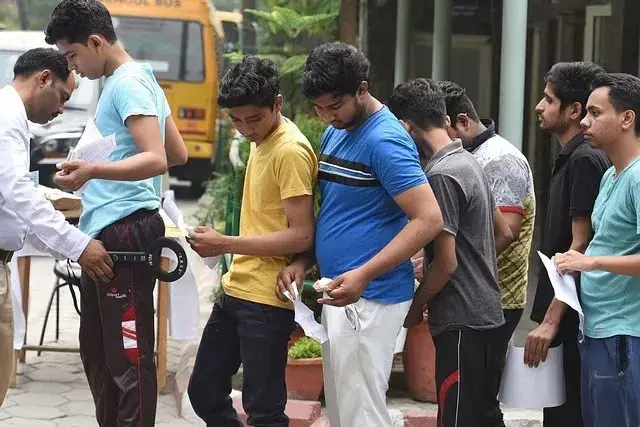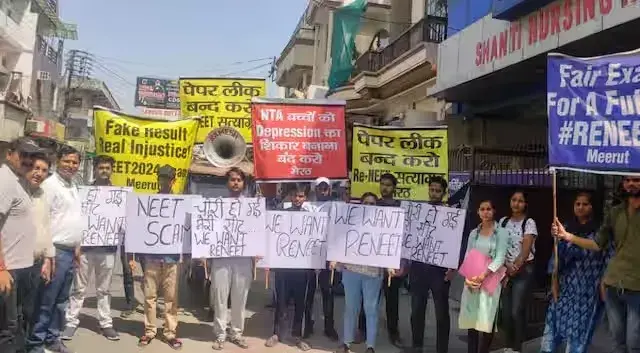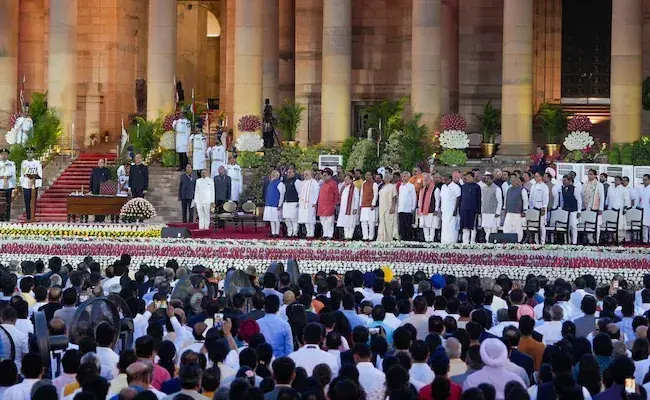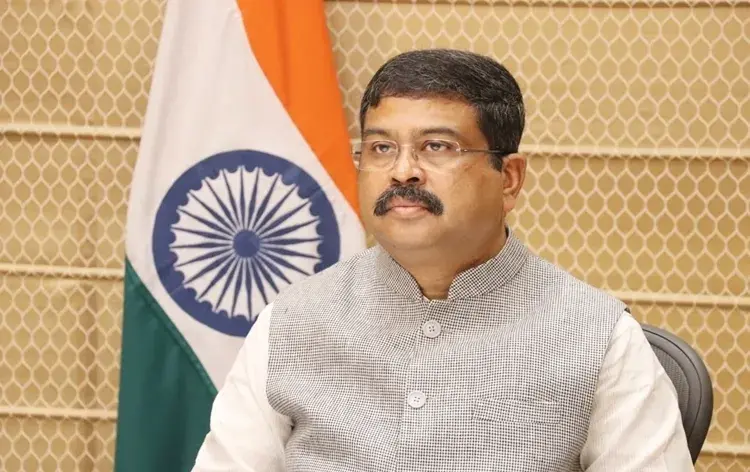University of Liverpool to Launch Bengaluru Campus, Admissions Begin August 2026
In a significant step toward international academic collaboration, the University of Liverpool is all set to open its first Indian campus in Bengaluru, with classes scheduled to commence in August 2026. The development was confirmed by Union Education Minister Dharmendra Pradhan, who officially handed over the Letter of Intent to the university’s representatives. This marks the second UK university to receive the University Grants Commission’s (UGC) nod for setting up a campus in India, following the University of Southampton, which is slated to launch its academic programs in Gurugram by July 2025. Highlighting India’s growing prominence as a global education hub, Pradhan announced, “Delighted to hand over the Letter of Intent to University of Liverpool, one of UK’s premier academic institutions, for setting up a campus in India. Today’s development is another milestone in India’s journey of deepening academic partnerships with leading global universities,” adding that the initiative showcases India’s stature as a reliable partner in global higher education. As part of a broader effort to internationalize India’s academic ecosystem, the minister also shared that 15 foreign universities are expected to establish campuses in the country within the current academic year. The University of Liverpool’s Bengaluru campus will kick off by offering programmes in Business Management, Accounting and Finance, Computer Science, and Biomedical Sciences. In a pioneering move, it will also introduce a Game Design course—an uncommon offering among UK-based institutions operating in India. Expressing optimism about the potential of the new campus, Pradhan noted, “It will be a global campus that will push the boundaries of research and innovation and foster scientific temper for contributing to global welfare and prosperity.” The campus is also envisioned to facilitate dynamic exchange programmes, enabling students from the UK to pursue international study experiences in India. During the launch event, the university’s leadership entered into multiple memoranda of understanding (MoUs) with notable organisations such as the Royal College of Obstetricians and Gynaecologists (RCOG), AstraZeneca Pharma India, Wipro Limited, YouWeCan, and Dream11, to pave the way for future partnerships and collaborative projects. Tim Jones, Vice-Chancellor of the University of Liverpool, commented, “We are delighted to have received approval from the University Grants Commission to open Bengaluru’s first international campus. Opening a campus in the State of Karnataka and Bengaluru feels like the next natural step, building on the fantastic partnerships and collaborations we already enjoy there.” Jones further shared his aspirations for the new venture, saying, “We are also committed to embedding a strong research culture to the benefit of industry, the region and the wider world,” while promising to offer students a robust learning experience and enhanced employability opportunities. This announcement follows the UGC’s 2023 regulatory framework for setting up foreign university campuses in India. Australian universities Deakin and Wollongong have already launched campuses in Gujarat’s GIFT City. Meanwhile, Queen’s University Belfast and Coventry University have secured approvals for their own campuses at the same location. In addition, the Illinois Institute of Technology from Chicago is poised to become the first American university to establish an Indian campus, with operations beginning in Mumbai in 2026. Source: PTI
University of Liverpool to Launch Bengaluru Campus, Admissions Begin August 2026 Read More »

